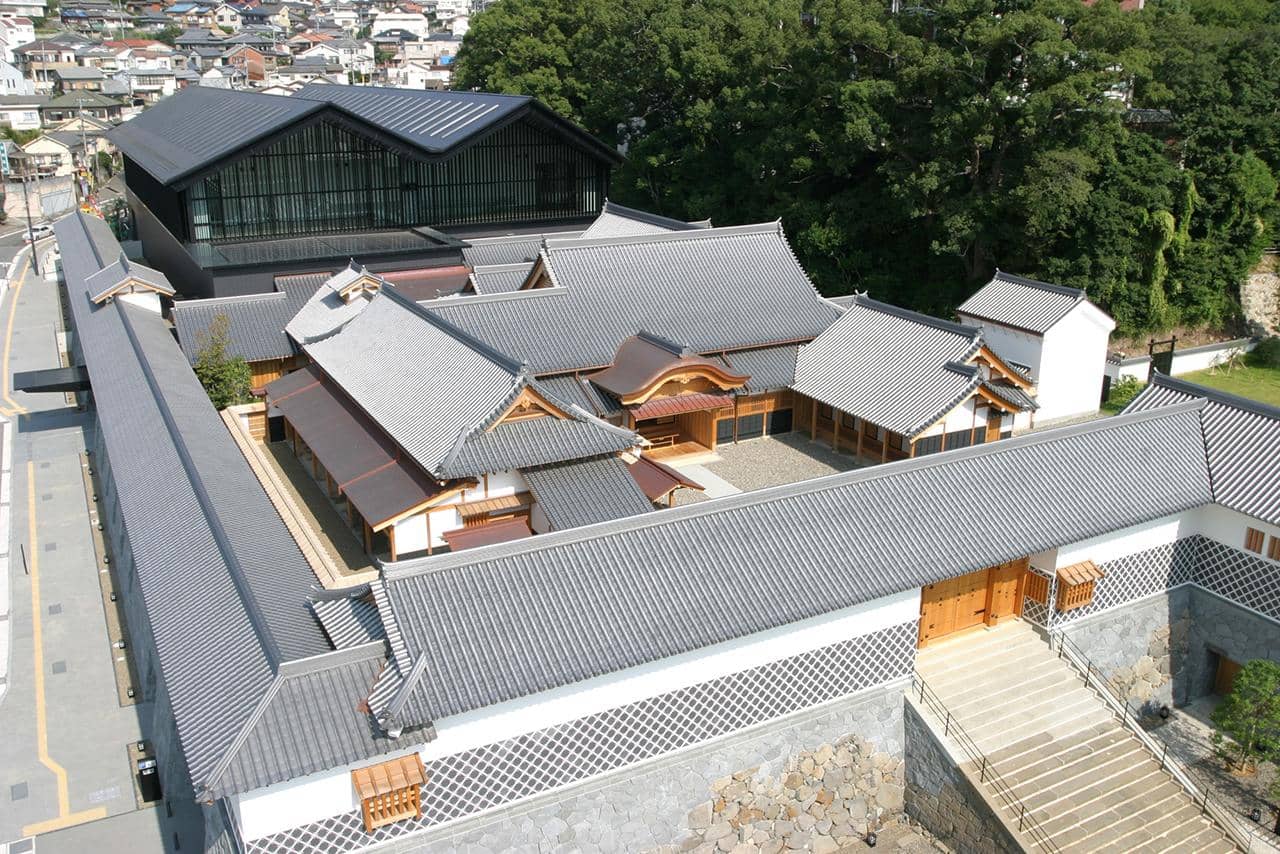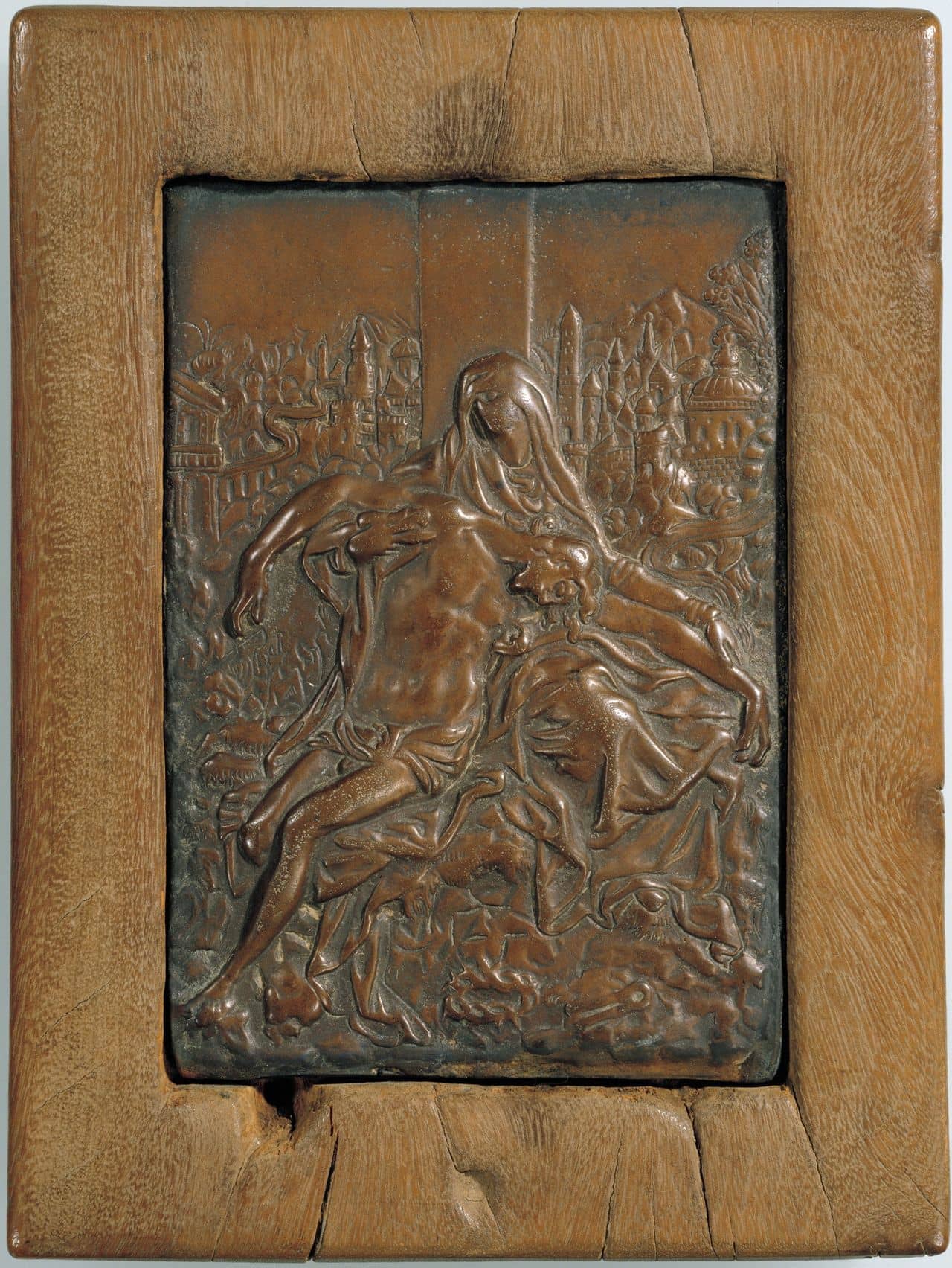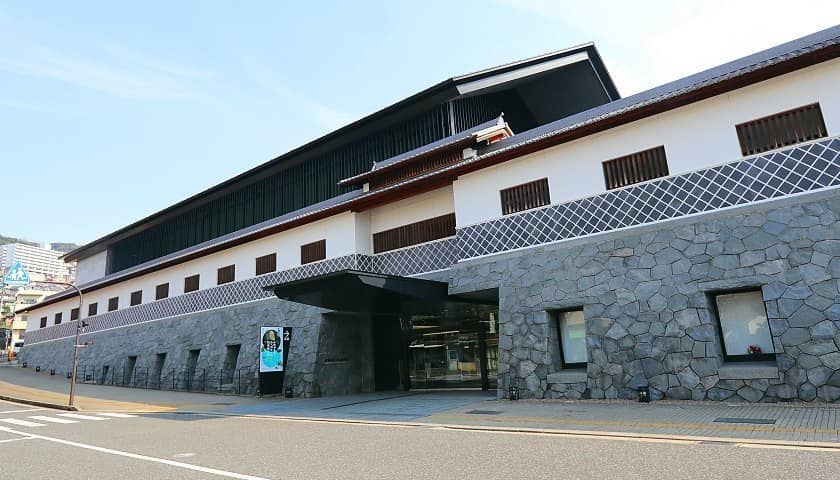Nagasaki Museum of History and Culture
Explore Nagasaki's vibrant past, from its role as Japan's global trading hub to interactive Edo-era experiences.

Highlights
Must-see attractions

Social
From TikTok & Reddit
Best Time
Avoid afternoon rush
Nagasaki Museum of History and Culture
Best Time
Avoid afternoon rush

Highlights
Must-see attractions
Explore Nagasaki's vibrant past, from its role as Japan's global trading hub to interactive Edo-era experiences.
"A must visit, extremely rich in the contents of the culture and the history of Nagasaki."
Allocate Ample Time ⏳
Plan for 2-3 hours to fully enjoy exhibits & experiences. Don't regret rushing like some visitors !
Engage with Experiences ✨
Try telegrams, newspaper printing, or even old-style photos for a hands-on history lesson .
Highlights
Discover the most iconic attractions and experiences

Reconstructed Magistrate's Office
Second Zone
Step back in time in this meticulously rebuilt Edo-era office, offering a glimpse into historical governance.

Fumie Plaques
Permanent Exhibition
See rare, original plaques used to test religious faith during the Edo period – a powerful historical artifact.

International Trade & Cultural Exchange
Permanent Exhibition
Explore Nagasaki's role as Japan's window to the world, showcasing trade with Korea, China, and the West.
Plans like a pro.
Thinks like you
Planning Your Visit
Timing is Key for Deeper Dives
Interactive Exhibits & Cultural Immersion
Best Times
Insider Tips
from TikTok, Instagram & Reddit
Allocate Ample Time ⏳
Plan for 2-3 hours to fully enjoy exhibits & experiences. Don't regret rushing like some visitors!
Engage with Experiences ✨
Try telegrams, newspaper printing, or even old-style photos for a hands-on history lesson.
Seek Staff Assistance 👋
Staff are kind and helpful, especially if English signage is limited.
Quiz for a Prize! 🎁
Complete the museum quiz to receive a unique gacha-gacha present.
Tips
from all over the internet
Allocate Ample Time ⏳
Plan for 2-3 hours to fully enjoy exhibits & experiences. Don't regret rushing like some visitors!
Engage with Experiences ✨
Try telegrams, newspaper printing, or even old-style photos for a hands-on history lesson.
Seek Staff Assistance 👋
Staff are kind and helpful, especially if English signage is limited.
Quiz for a Prize! 🎁
Complete the museum quiz to receive a unique gacha-gacha present.
Discover Nagasaki's Global Role 🌍
Learn about its history as Japan's key trading port with China, Korea, and the Netherlands.
What Travellers Say
Reviews Summary
Visitors praise the Nagasaki Museum of History and Culture for its rich content, particularly its insights into Nagasaki's international trade history and the impactful Fumie plaque exhibit. The interactive experiences and the reconstructed Magistrate's Office are also highly appreciated, offering a hands-on connection to the past. While some wish for more English signage, the helpful staff and engaging displays make it a worthwhile visit.
"l really enjoyed my visit. You can try different experiences like sending telegram, printing old style newspaper even taking old style photopragh. lt was enlightening about Nagasaki's history especially with foreign communities. By the end of the tour, l completed my quiz and received a gatcha gatcha present. The staff was kind and warm welcoming. lt was a pleasure to visit the museum."
B. A.
"Super cool interactive museum. Wish there were more signs in English but you could get the gist from the surrounding artifacts. The staff were kind and helpful. The building is also very nice and modern."
Dorothy Condon
"A must visit. Extremely rich in the contents of the culture and the history of Nagasaki. What gave me the biggest impression was the actual plaques with Jesus and Mary engraved, which were used for "Fumie" - a method used by the then government to test each person of public on their religious faith. The museum near the statue of the martyrdoms also has a display but theirs is a replica, and I was very fortunate to have a chance of viewing this rare historical piece up close and personal. No photos were allowed. You'll be missing a lot if you miss this museum."
Josh Josh
What People Like
What People Dislike
Frequently Asked Questions
🚇 🗺️ Getting There
The museum is located near Nagasaki City Hall. It's accessible by public transport within Nagasaki. Many visitors arrive from Fukuoka for a day trip, with Nagasaki being a popular choice for its unique history.
It's situated in a quiet neighborhood near the city hall. While not as prominently featured as the Atomic Bomb Museum in some travel itineraries, it's a worthwhile destination.
Yes, Nagasaki is a viable day trip option from Fukuoka, offering a distinct historical perspective compared to Kumamoto. Plan your transport to maximize your time.
🎫 🎫 Tickets & Entry
While specific hours can vary, it's advisable to check the official museum website before your visit. One reviewer regretted visiting late and only finishing the permanent exhibition.
Admission fees are generally reasonable. Visitors can also participate in various interactive experiences for an additional cost or as part of their entry.
Advance booking is usually not required for general admission, but it's always a good idea to check the museum's official website for any special exhibitions or events that might have different ticketing policies.
The museum hosts a permanent exhibition detailing Nagasaki's rich history and culture, with a focus on its international connections. Special exhibitions may also be held periodically, so it's worth checking their schedule.
There is no specific dress code for visiting the Nagasaki Museum of History and Culture. Comfortable, casual attire is recommended for exploring the exhibits and participating in activities.
🎫 🧭 Onsite Experience
Don't miss the reconstructed Edo-era Magistrate's Office and the original 'Fumie' plaques, which offer profound historical insights. The permanent exhibition on international trade is also highly recommended.
Absolutely! Visitors can enjoy hands-on experiences like sending telegrams, printing old-style newspapers, and even taking vintage photographs. Completing the museum quiz can also earn you a prize.
The interactive elements can be engaging for older children. However, some historical content, like the Fumie plaques, might be more suited for adults or older teens.
While some exhibits may have limited English signage, the surrounding artifacts and helpful staff can help visitors understand the exhibits. The overall gist is usually conveyed effectively.
The 'Fumie' exhibit showcases original plaques used during the Edo period to test individuals' religious beliefs, a significant historical practice in Nagasaki.
🍽️ 🍽️ Food & Dining
Yes, the museum features a great restaurant. You can also find various dining options in the surrounding area, including Nagasaki Shinchi Chinatown, Japan's oldest Chinatown.
Near the museum, you can find a range of Japanese cuisine. If you venture to nearby Chinatown, you'll discover authentic Chinese dishes.
📸 📸 Photography
Photography is generally allowed in most areas, but specific exhibits, like the original Fumie plaques, may prohibit photos. Always look for signage indicating photo restrictions.
Yes, you can take old-style photographs as part of the interactive experiences. The reconstructed Magistrate's Office also provides a unique backdrop for historical-themed photos.
For Different Travelers
Tailored advice for your travel style
👨👩👧 Families with Kids
While some historical content, like the Fumie plaques, might be more suited for older children or require parental explanation, the reconstructed Magistrate's Office provides a visually interesting glimpse into the past. It's a good idea to balance the visit with other Nagasaki attractions that might be more overtly child-focused, like the Biopark.
🏛️ History Buffs
The reconstructed Magistrate's Office provides an immersive experience into the administrative life of the time. The depth of information, from trade artifacts to historical manuscripts, ensures a comprehensive understanding of Nagasaki's multifaceted past. It's a must-visit for anyone seeking to delve into Japan's historical interactions with foreign powers.
✈️ Day-Trippers from Fukuoka
Deep Dives
In-depth insights and expert knowledge
Nagasaki's Role in Global Exchange
The museum's permanent exhibition delves deep into this history, showcasing artifacts related to trade routes, diplomatic missions, and the daily lives of foreign residents. You'll find displays detailing the intricate trade networks, the influence of Western science and technology, and the cultural fusion that made Nagasaki distinct. It's a fascinating look at how a single city shaped Japan's understanding of the outside world.
Visitors can explore exhibits on the Dejima trading post, the impact of Chinese culture on Nagasaki, and the early interactions with Western powers. This section provides crucial context for understanding Nagasaki's complex past, moving beyond its more somber historical associations to highlight its vibrant international heritage.
Interactive Experiences: A Hands-On History Lesson
One of the highlights is the opportunity to try sending telegrams, a communication method from a bygone era. You can also experience printing old-style newspapers, giving you a tangible connection to historical media. For a truly memorable souvenir, consider taking an old-style photograph, complete with period costumes and settings.
These hands-on elements are not just for fun; they provide a deeper, more personal understanding of Nagasaki's past. The museum also features a quiz that, upon completion, rewards participants with a unique gacha-gacha present. This playful approach makes learning about history enjoyable and memorable for all ages.
The Significance of the Fumie Plaques
During the Edo period, Christianity was strictly forbidden in Japan. Officials would force suspected Christians to trample on images of Jesus Christ and Mary (the 'Fumi-e' or 'picture-trampling') as proof they were not followers of the banned religion. The museum's display of these actual plaques, rather than replicas found elsewhere, offers a profound and somber connection to this period of religious persecution.
Seeing these artifacts firsthand provides a powerful insight into the historical challenges faced by religious minorities in Japan and the lengths to which authorities went to enforce their policies. It's a critical piece of Nagasaki's history, highlighting its complex relationship with foreign religions and the government's control.
Social
from TikTok, Instagram & Reddit